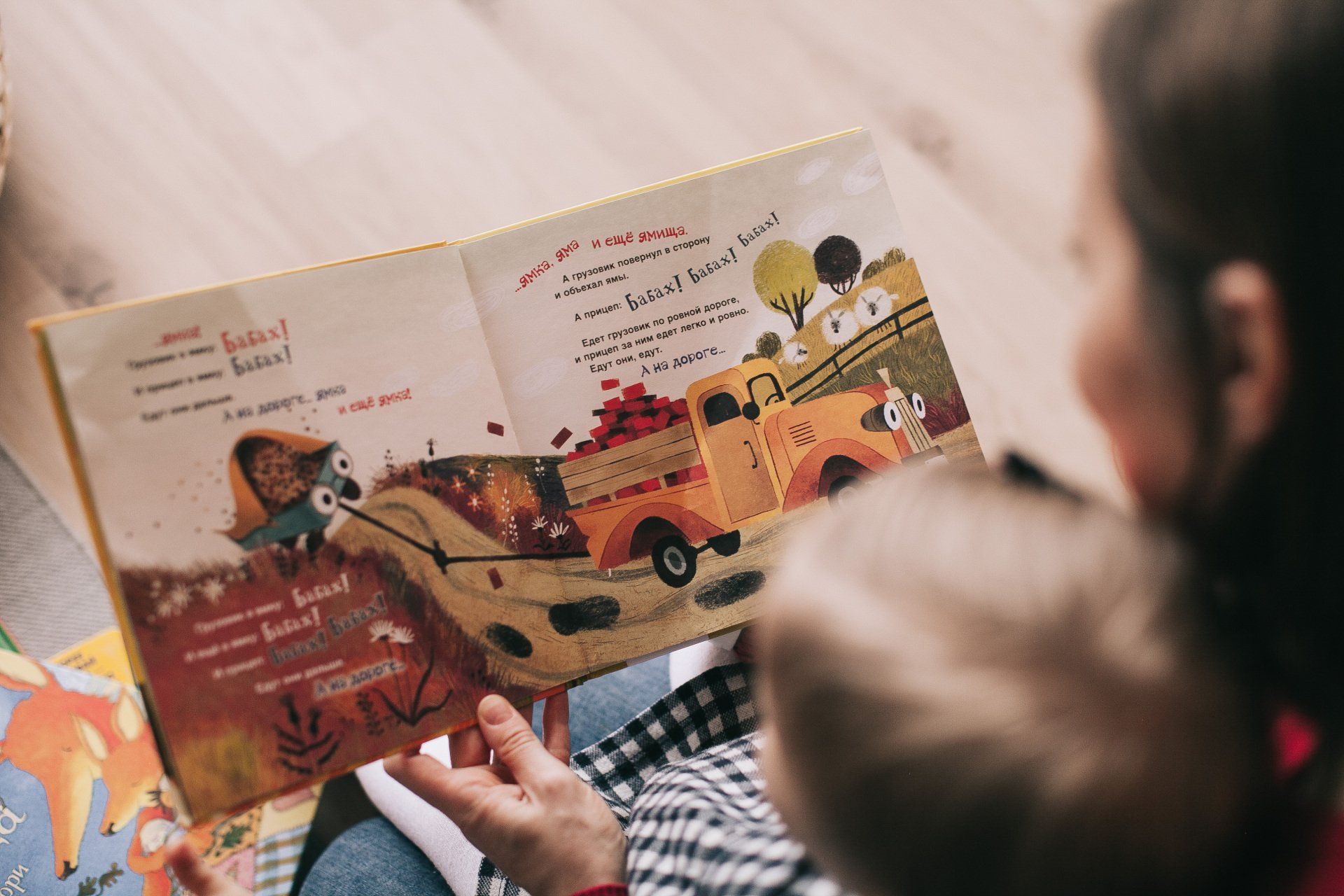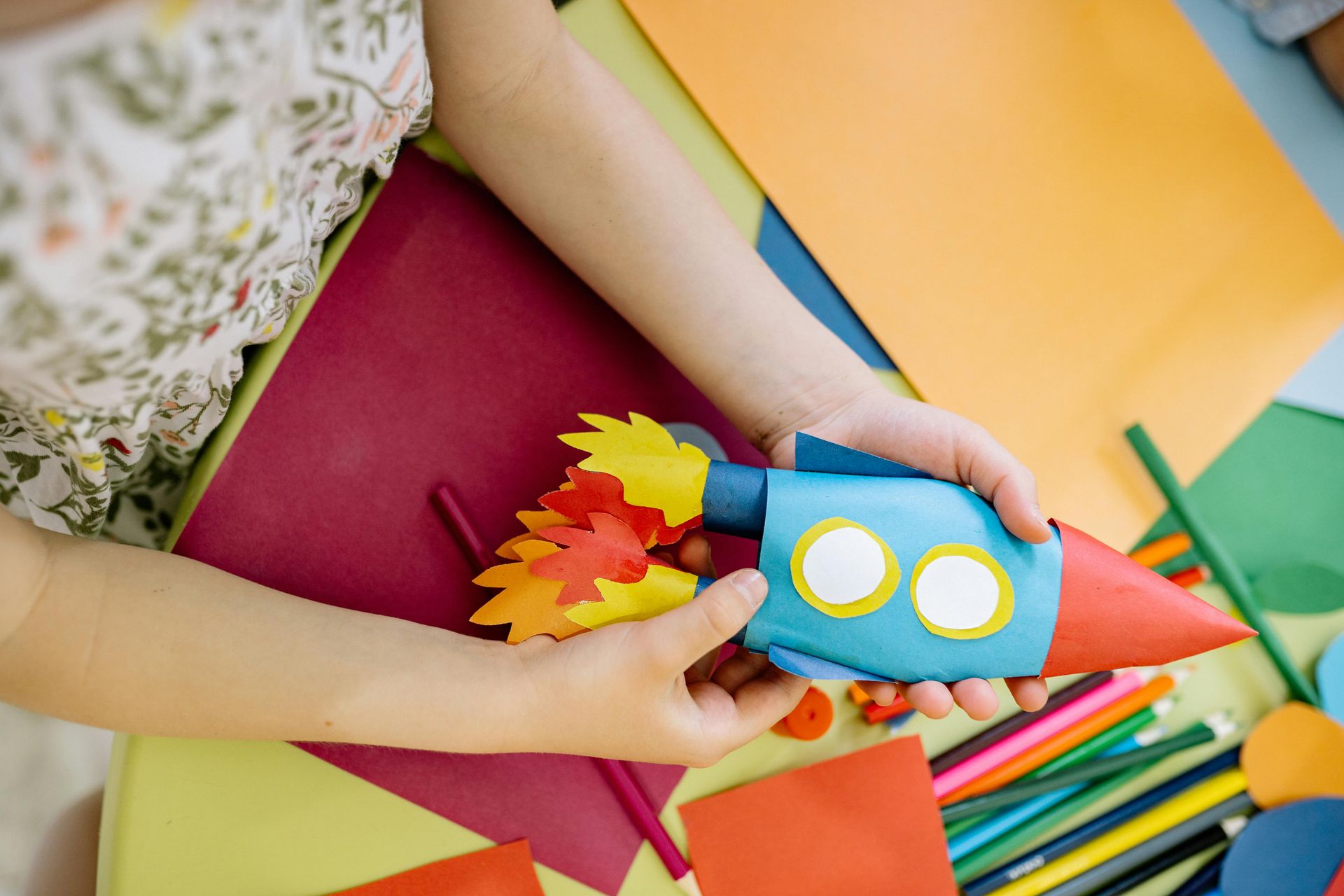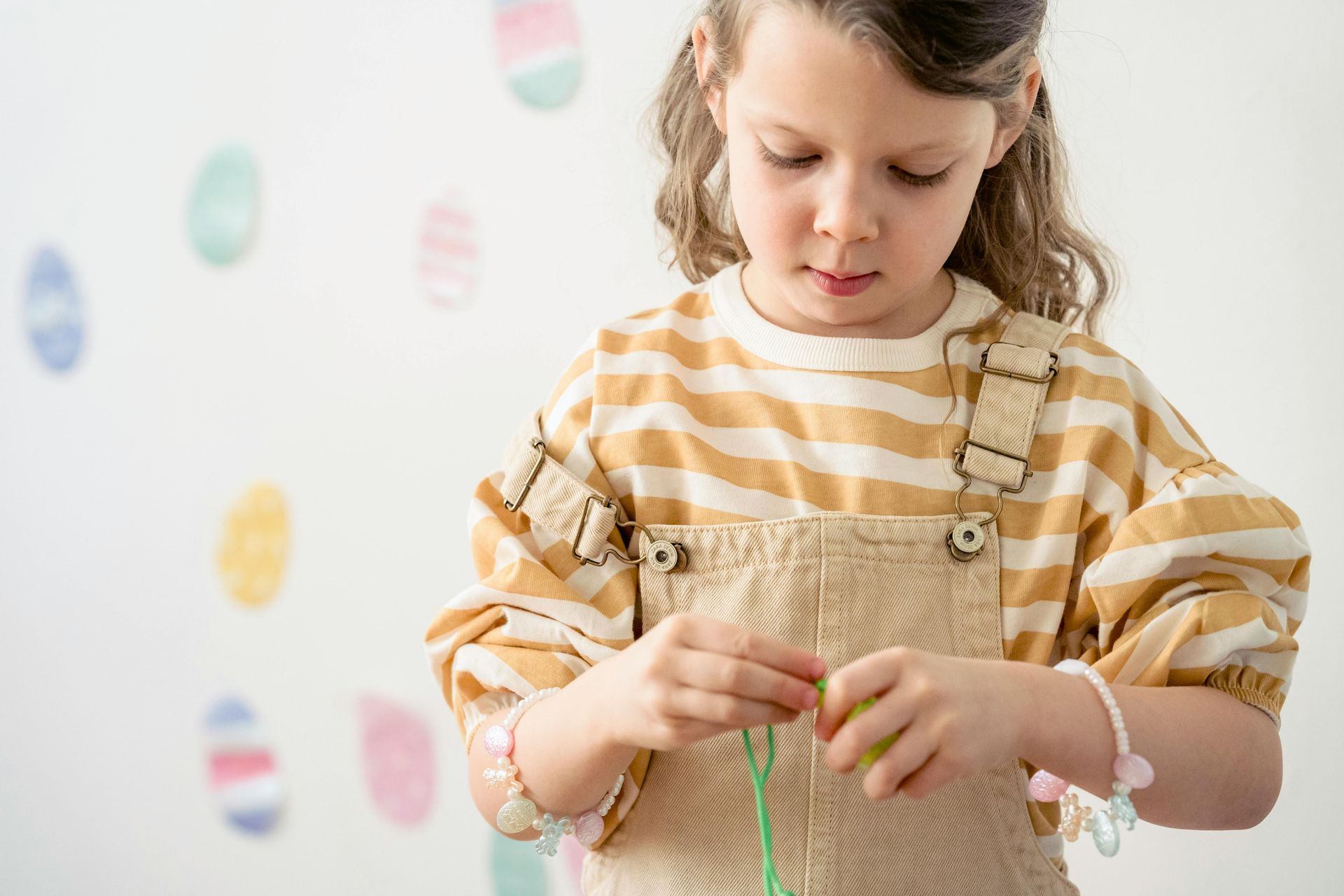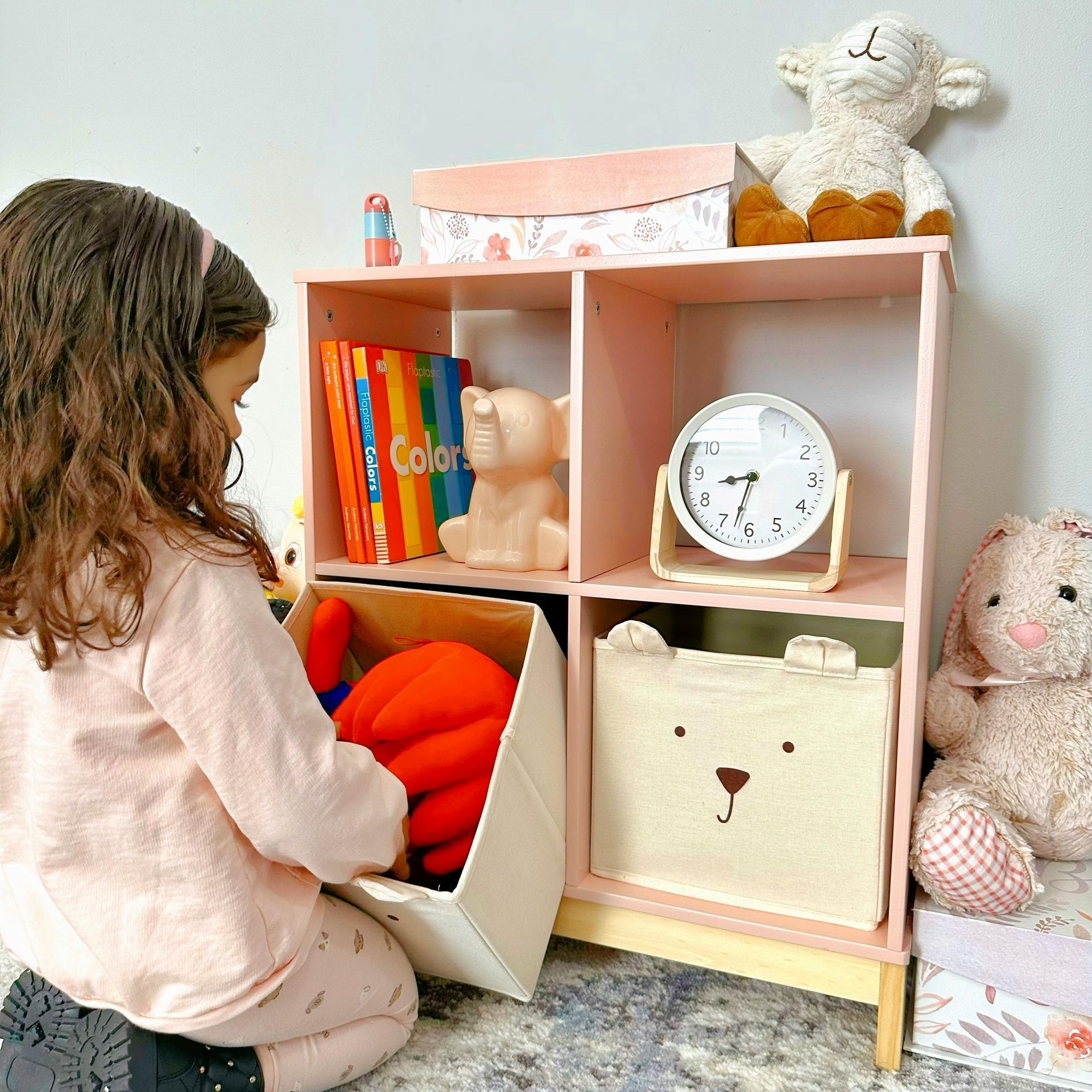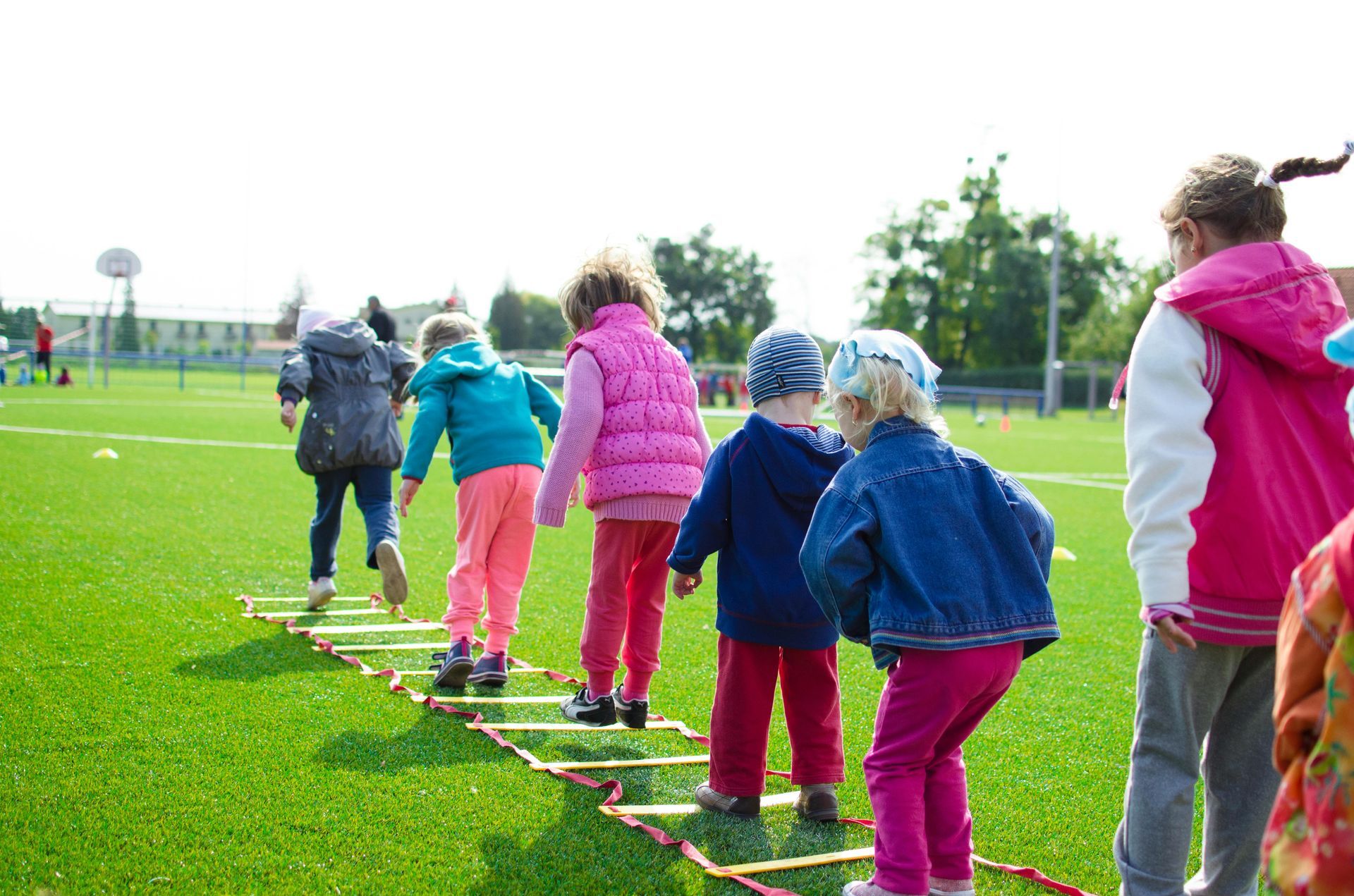The Impact of Play-Based Learning on Cognitive Development in Early Childhood

The importance of play in early childhood education cannot be overstated, particularly when it comes to cognitive development. At Early Education Station Orlando, we understand that children learn best when they are actively engaged in play-based activities. This type of learning not only enhances intellectual growth but also encourages curiosity, problem-solving skills, and critical thinking. In this blog post, we will explore how play-based learning contributes to cognitive development and why it’s essential in the early years.
What is Play-Based Learning?
Play-based learning is an educational approach where children learn through exploration, experimentation, and self-guided discovery. Unlike traditional methods that focus solely on direct instruction, play-based learning allows children to engage with their environment in a hands-on way. In this process, children learn through sensory experiences, games, and imaginative play that stimulate cognitive processes such as reasoning, memory, and concentration.
At Early Education Station Orlando, we prioritize play-based learning because we believe that it provides children with the freedom to explore concepts at their own pace. This approach makes learning enjoyable, relatable, and effective.
How Play-Based Learning Enhances Cognitive Development
1. Fostering Problem-Solving Skills
Problem-solving is a critical cognitive skill that children need to develop in order to navigate their world and succeed in future learning endeavors. Play-based learning naturally encourages problem-solving through games, puzzles, and creative activities that require children to think critically and find solutions on their own.
Example: Activities like building with blocks or designing a structure out of Legos encourage children to plan, experiment, and adapt their strategies as they solve problems. They learn cause-and-effect relationships, spatial awareness, and how to use logic in a real-world context.
How it Helps: By engaging in problem-solving play, children strengthen their ability to think critically, make decisions, and approach challenges with confidence and creativity. These skills are foundational for their future academic success, particularly in subjects like math and science.
2. Promoting Language Development
Play-based learning is an excellent way to develop language skills. Whether it’s through role-playing, storytelling, or group activities, children are encouraged to use and expand their vocabulary while interacting with their peers and caregivers. By engaging in pretend play and conversation, children learn to express themselves more clearly and understand the social aspects of language.
Example: During imaginative play, children might pretend to run a store, play doctor and patient, or enact a family dinner scene. In these scenarios, children use new words and phrases as they mimic real-life experiences, which helps them build language comprehension and fluency.
How it Helps: Language development is strongly linked to cognitive growth, and the more children practice language in real contexts, the better they become at communication. This enhances their ability to comprehend complex concepts and express themselves effectively.
3. Stimulating Memory and Attention
Memory and attention span are two key components of cognitive development that can be strengthened through play-based learning. Activities that require children to remember instructions, follow multi-step directions, or recall details help improve their working memory and focus. Play-based tasks also encourage children to remain engaged for longer periods of time, which is essential for both academic success and personal growth.
Example: Simple games like memory matching or scavenger hunts require children to remember specific details and stay focused on the task at hand. These activities naturally enhance their ability to concentrate and retain information.
How it Helps: Improving memory and attention not only aids in everyday learning but also prepares children for more complex academic challenges in the future. The ability to focus and retain information is essential for success in school and beyond.
4. Enhancing Social-Emotional Development Through Play
While play-based learning is often thought of as a way to develop cognitive skills, it also has a significant impact on social-emotional development. Through cooperative play and group activities, children learn to communicate, share, collaborate, and navigate social dynamics. These experiences are essential for building self-regulation, empathy, and conflict resolution skills.
Example: Group games such as building a tower together or creating a play scene with toys require children to work as a team, negotiate, and practice patience. These shared experiences help children develop an understanding of teamwork and social cues.
How it Helps: Social-emotional skills are deeply intertwined with cognitive abilities. As children learn to cooperate and communicate effectively, they gain the confidence to engage in more complex cognitive tasks and build stronger relationships with peers.
5. Building Curiosity and Imagination
One of the most important aspects of cognitive development is fostering curiosity. Play-based learning provides children with the freedom to explore their interests, ask questions, and experiment with new ideas. Whether they’re exploring nature, building with blocks, or experimenting with art supplies, play invites children to use their imagination and creativity.
Example: Art activities like drawing, painting, and crafting allow children to express their ideas and experiment with different materials and techniques. Similarly, outdoor play provides opportunities for children to engage with the natural world, ask questions about their environment, and observe the world around them.
How it Helps: Curiosity is the driving force behind intellectual development. When children are encouraged to ask questions, try new things, and think outside the box, they develop a love for learning that will stay with them throughout their lives.
How Early Education Station Orlando Implements Play-Based Learning
At Early Education Station Orlando, we understand the power of play in cognitive development. Our curriculum is carefully designed to integrate play-based activities into every aspect of the day, including:
- Interactive Learning Stations – Each classroom features different learning stations that allow children to engage with hands-on materials. From puzzles to arts and crafts, children can explore concepts like math, science, language, and art through play.
- Outdoor Playtime – Our outdoor play area encourages physical activity and exploration, while also stimulating cognitive skills. Children can engage in activities that promote problem-solving, teamwork, and imagination.
- Storytelling and Role-Playing – We incorporate storytelling and pretend play into our daily routines to foster language development, social skills, and cognitive growth. Children are encouraged to act out stories, roles, and scenarios, further enhancing their creativity.
- Group Learning Projects – Collaborative projects and group activities teach children the value of teamwork, communication, and shared problem-solving, all while enhancing cognitive skills.
Discover how fostering emotional intelligence and strong communication skills in early childhood lays the groundwork for lifelong success in
The Role of Emotional Intelligence in Early Childhood Development and
How Early Childhood Education Enhances Communication Skills for Lifelong Success.
Conclusion
Play-based learning is an essential component of early childhood education. Through engaging in imaginative and interactive activities, children build crucial cognitive skills such as problem-solving, memory, language, and attention. At Early Education Station Orlando, we prioritize play-based learning to ensure that each child develops a strong intellectual foundation while also having fun. We believe that play is not only enjoyable—it’s a powerful tool for cognitive growth and lifelong learning.

